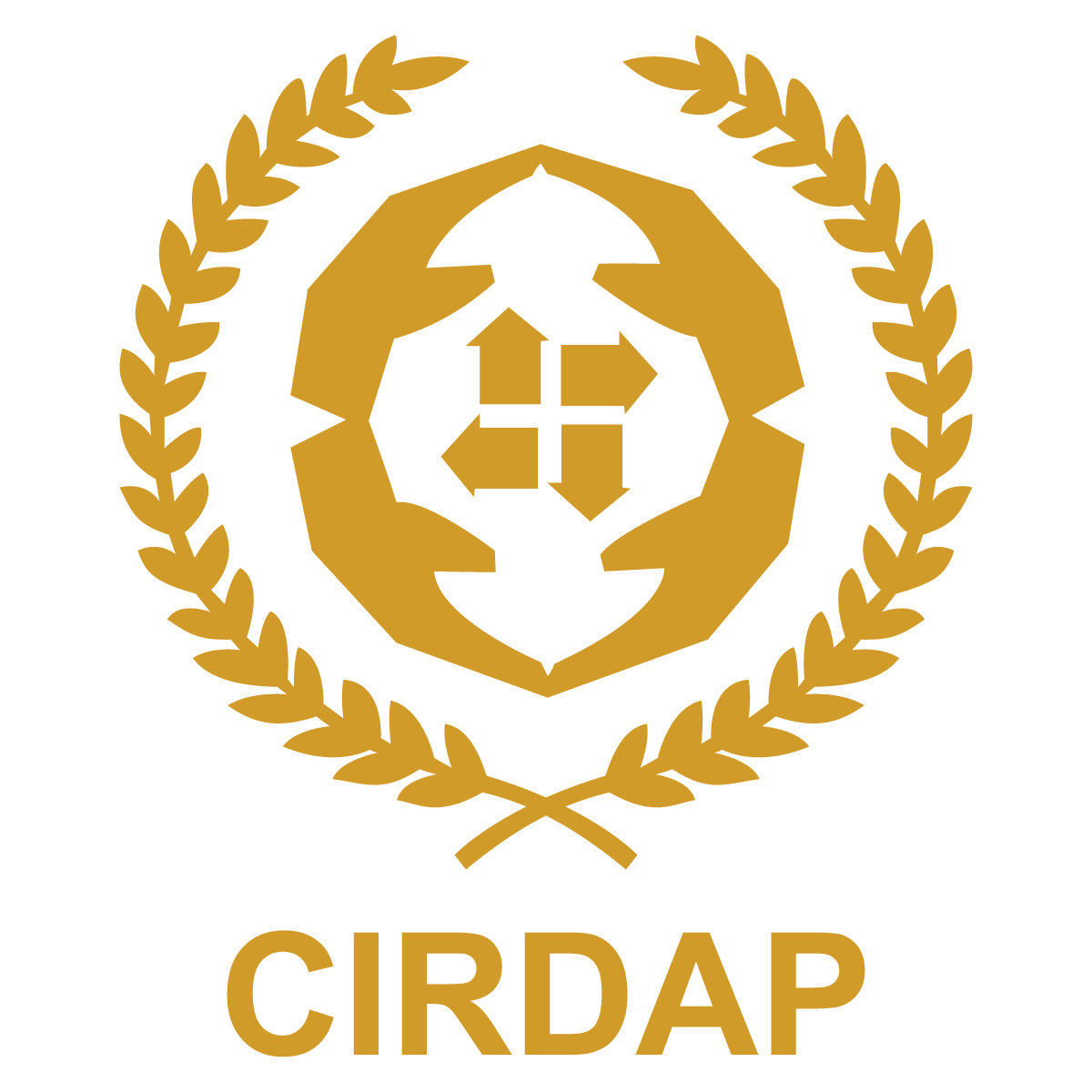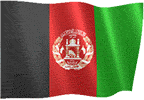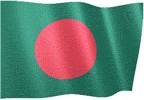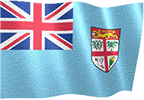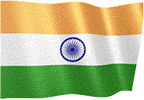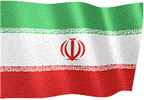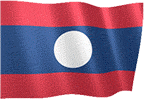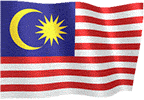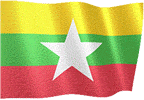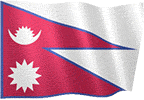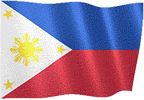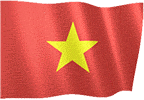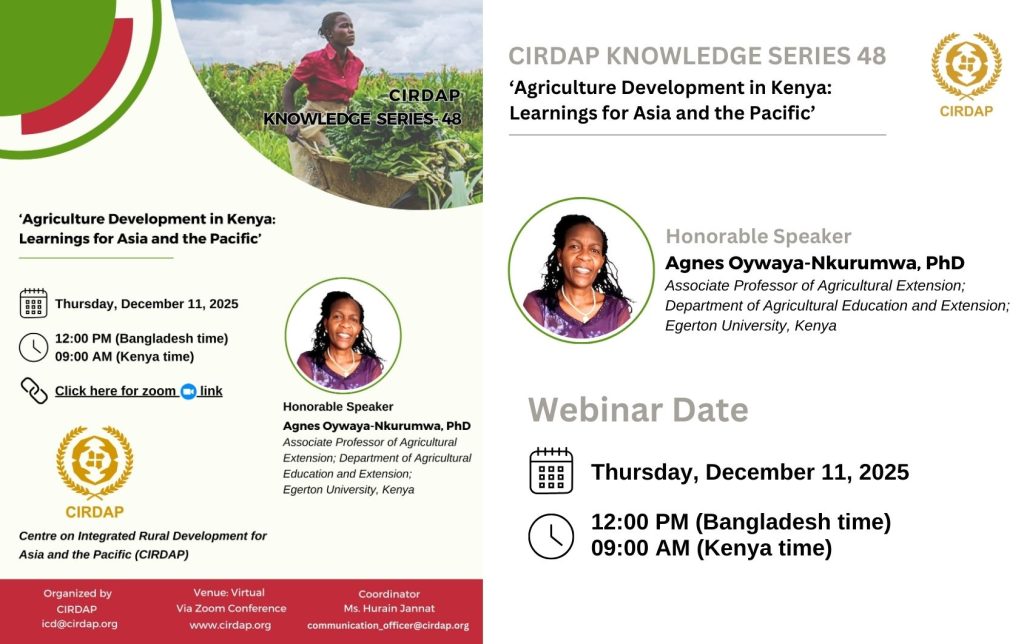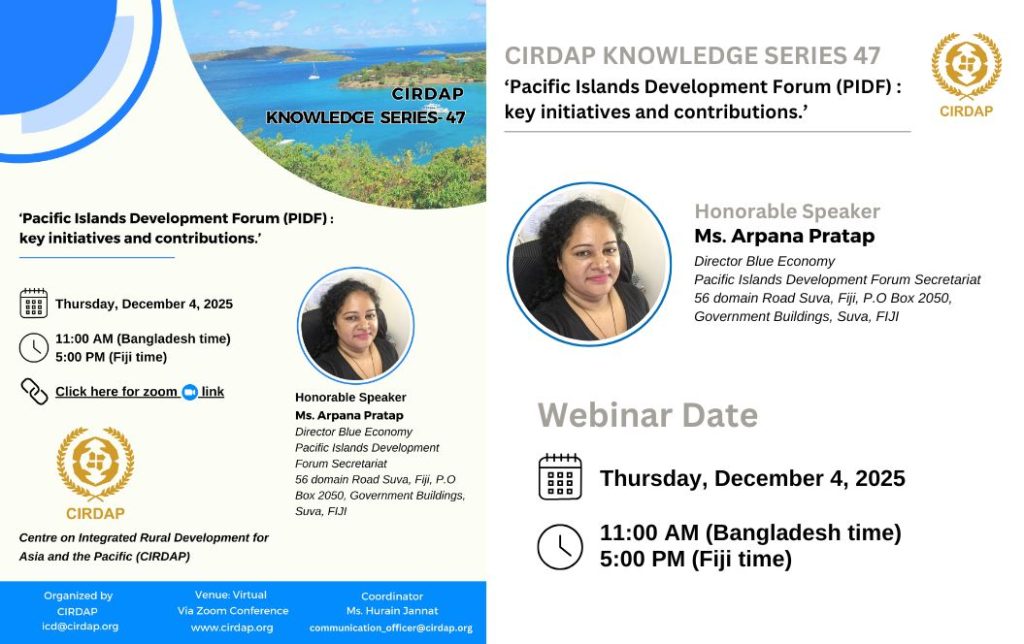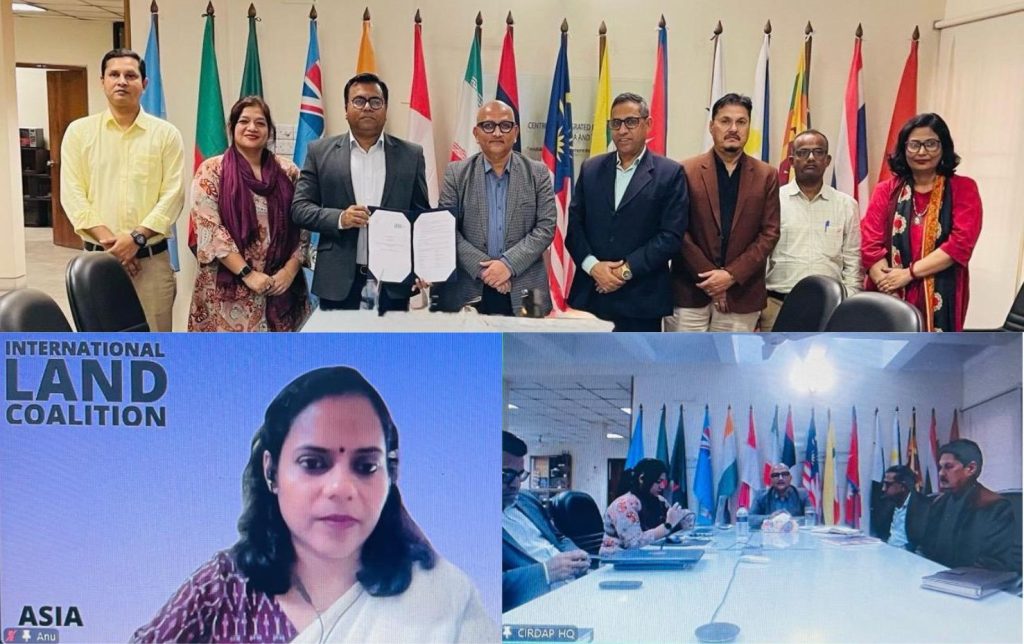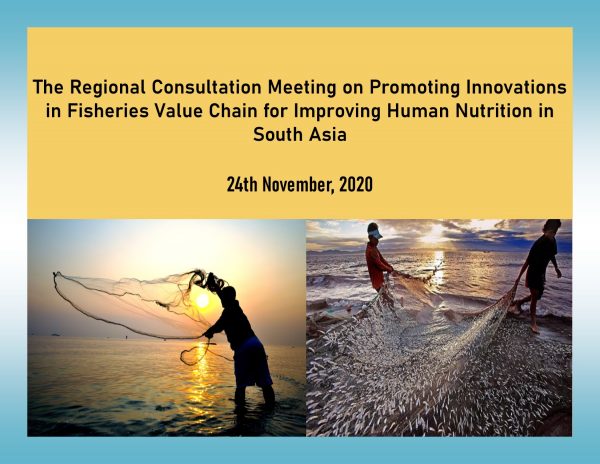
Dr. Virapat focused on the trade, development, and competitiveness in fisheries and aquaculture sectors. He also emphasized on the use of the value chain to create wealth in fisheries and to reduce poverty; learning mechanism and innovation in competitive fisheries value chain, which may be seen as an approach for promoting fisheries value chain in the SAARC countries.
Read the full statement of Dr. Cherdsak Virapat below:
Statement of the Director General of Centre on Integrated Rural Development for Asia and the Pacific (CIRDAP),Dr. Cherdsak Virapat
24th November 2020, 10:30 am, Dhaka, Bangladesh
Director of SARRC Agriculture Centre (SAC), Dr. Mian Sayeed Hassan
Additional Secretary, Ministry of Fisheries and Livestock, Mr. Shyamol Chandra Karmakar
Director General of BFRI, Dr. Yahia Mahmud
Dr. Grinson George, Senior Programme Specialist, SAC
Distinguished Experts
Delegates from South Asian Nations and International Organizations
Ladies and Gentlemen
Good morning.
On behalf of CIRDAP, I would like to express my sincere thanks to the SARRC Agriculture Centre (SAC) for the kind invitation to participate at this regional consultation meeting on promoting innovations in fisheries value chain for improving human nutrition in South Asia. It can be noted that SAARC and CIRDAP share 6 member states as Afghanistan, Bangladesh, India, Nepal, Pakistan, and Sri Lanka with exception of Bhutan and Maldives.
In my message, I would like to address issues of trade and development and competitiveness in fisheries and aquaculture sectors, the use of the value chain to create wealth in fisheries and to reduce poverty, learning mechanism and innovation in competitive fisheries value chain which may be seen as an approach for promoting fisheries value chain in the SAARC countries.
- Economic growth can help reduce poverty
As you know, globalization is the process by which people, companies, goods, services, capital, and information has been exchanged without borders. Although international trade has been around for hundreds of years but the current trade has expanded considerably. There are both bilateral and multilateral trade agreements. Foreign investment, advances in communication technology. Most countries now participate in the world trade economy with different levels of economic growth. Economic growth can help reduce poverty, but it helps to reduce poverty well with countries that have equal income distribution.
- Competitiveness in Fisheries and Aquaculture Sector
In fisheries (including capture fisheries and aquaculture sectors), in order for market system to be sustainable and successful, it must be able to compete more with other countries in the world market. The fishing industry in the value chain must be able to mobilize the production to consumer effectively with higher quality and is more unique than other competing countries’ value chains. The competitiveness of both small and large-scale fisheries is relatively different. Increasing the competitiveness of small-scale fisheries can result in more income, which affects wealth generation and decreases poverty.
While large-scale fisheries competitiveness can be increased by helping support at all levels of the value chain, the challenges of the economic development strategy is to make the entire fishing industry more competitive. At the same time, the benefits must be broadly distributed. This includes both skills and income at all levels of the fishing industry.
- The use of the value chain to create wealth in fisheries and to reduce poverty
Aquaculture value chain has grown tremendously over the past several decades. Certain fish culture products have become dominant in both the regional and global markets. While some types of fishing have been reduced due to excessive utilization, breeding of some carnivorous fish species is still relying on the product from fishing. In particular, fish meal and fish oil production are still a vital component of fish feed production. The aquaculture sector has been restructuring on its production process in developing countries in recent times, spurred by the development of lower-cost and more efficient technologies to transport and available cheaper labor in the emerging countries.
Fish processors purchase raw materials either from fishing or from fish farms. They will be processed into products for consumers. The retail sector is playing an important role in a modern society where consumer convenience is the key to selling aquatic products.
The use of the value chain creates wealth in fisheries. The value chain will cover a wide range of activities and services. That gives rise to fishery products from the concept of production to selling products to consumers. The value chain is included in the sale of a product or service in a market which could be at the local, national, regional or the global markets.
- Learning mechanism and innovation in competitive fisheries value chain for promoting fisheries value chain in the SAARC countries
In order for the enterprises in the chain to develop innovation. Learning from inside and outside is essential to the formation of new skills. This includes knowing where to find knowledge in the chain and where the knowledge is needed. The value chain in which this type of learning mechanism is established will be the most competitive.
- Way forward
The Covid-19 outbreak and climate change are identified as Important crisis or threats currently impacting fisheries sector. We are entering into the digital age in which reliable information is required for decision-making. Innovation should be continued in particular on digital technology. We should assist small-scale fishers and rural farmers to access innovation to improve local capacity building and technology transfer. In term of regional approaches, we should put emphasis on regional cooperation and harmonization of policies where appropriate. Unification of economic and ecology with good governance should be made in all fishery policies to promote sustainable development mission at all levels.
Ladies and gentlemen,
To end my message, I wish you have a great success in the results of your deliberation at the regional expert consultation meeting in fisheries value chain among experts of SAARC member states.
I hope that CIRDAP and SAC will continue to explore opportunities and implement collaborative projects and activities related to agriculture knowledge and information to strengthen our collaboration and coordination in the region and beyond. Together we can make our better future.
Thank you.
